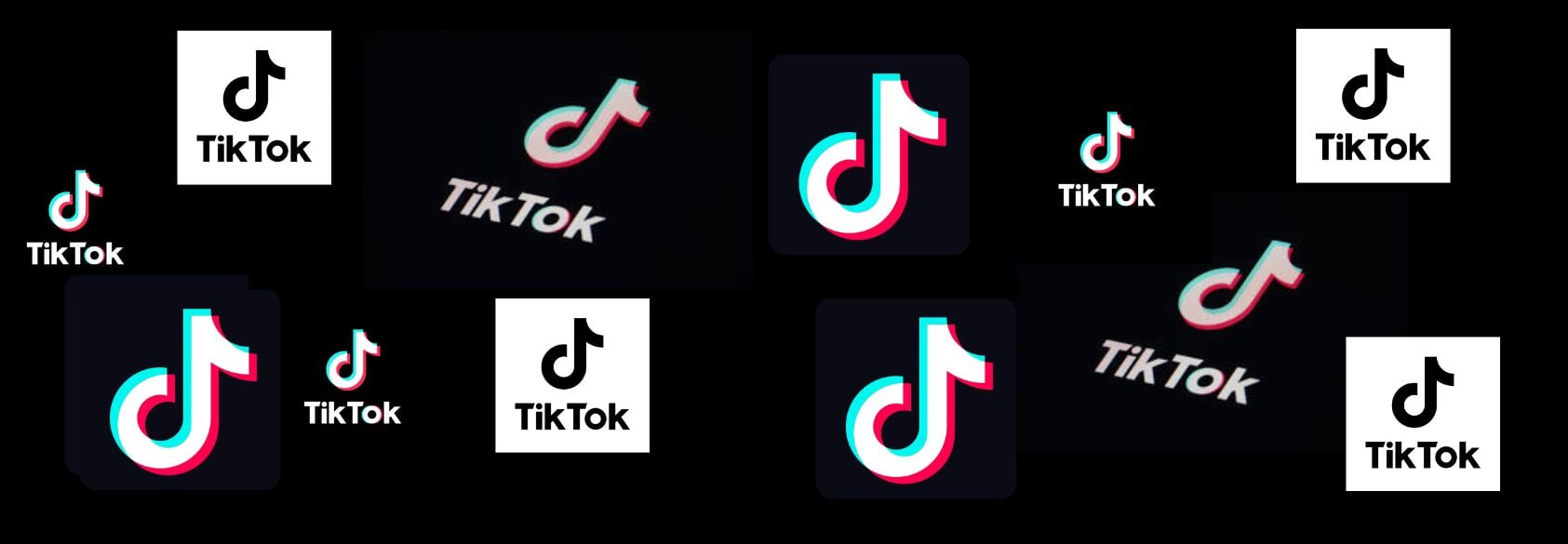TikTok, Tech and the First Amendment: Balancing Freedom of Speech and National Security
Ask your students: Do you think concerns about national security should outweigh freedom of speech in the United States, or can a balance be struck?

What do your students think about the TikTok ban?
Share
January 14, 2025
Ask your students: Do you think concerns about national security should outweigh freedom of speech in the United States, or can a balance be struck?
Share
Note: The content of this edition of Today's News, Tomorrow's Lesson will be updated as more details about the ban come out.
In the U.S., TikTok has faced significant scrutiny due to fears that its parent company, ByteDance, could share user data with the Chinese government, raising national security concerns. The situation escalated as more than half of U.S. states banned TikTok on government devices. Now, the Supreme Court has upheld a nationwide ban on TikTok, solidifying the app’s removal from the U.S. market. This historic decision has intensified debates about technology, privacy, and politics.
Other countries, like India and Canada, have also cracked down on TikTok, with bans and restrictions, making this a global conversation.
Get started with the quick warm-up questions below about the TikTok ban, then dive into the video and activities. If time is a concern, consider focusing on one or two exercises to spark discussion.
Students will compare the TikTok ban to historical cases where national security concerns conflicted with constitutional freedoms.
Explore these media literacy questions with the class or individually.
Step into the role of a Supreme Court Justice and analyze complex questions about algorithms, free speech, and national security. Weigh the legal and ethical implications of who controls algorithmic speech, the rights of influencers, and the government’s role in regulating foreign technology.
